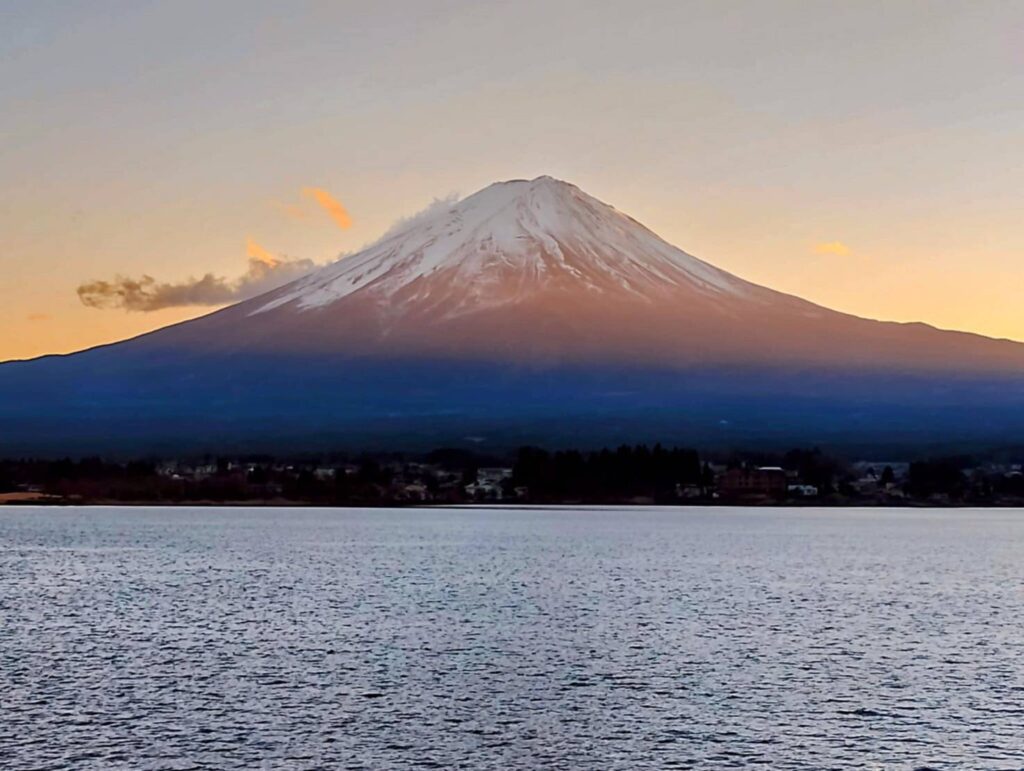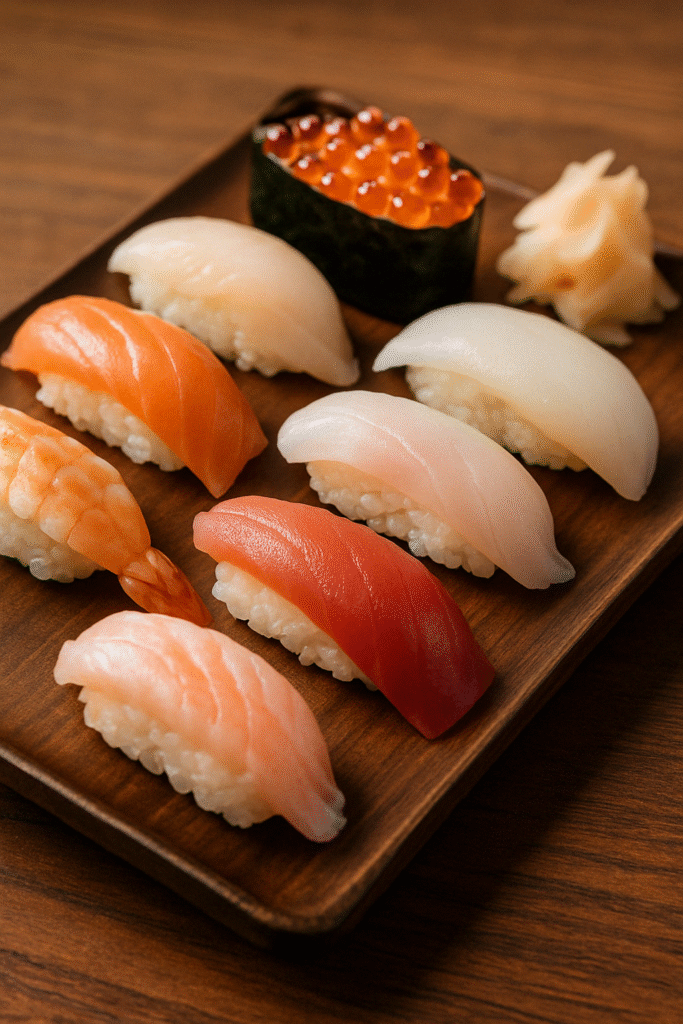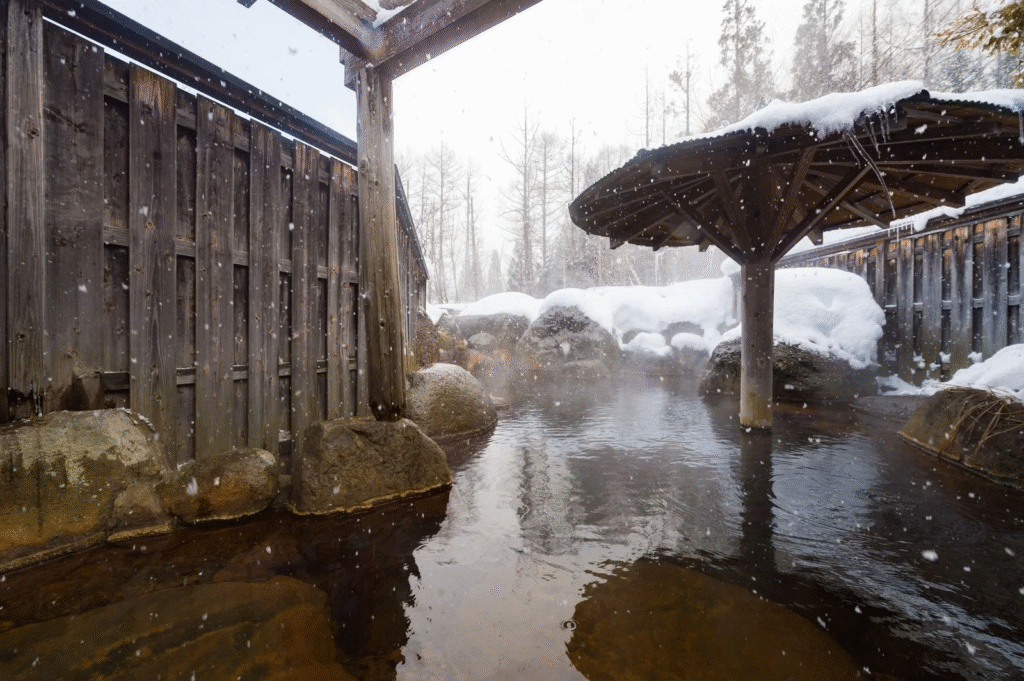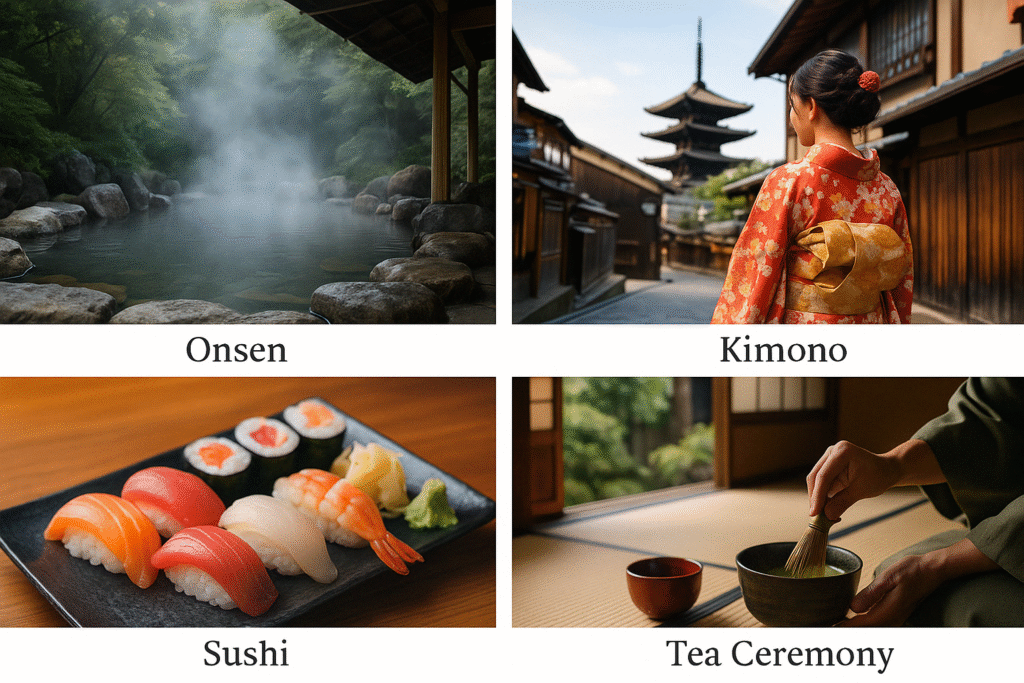If you’re planning a trip to Japan, understanding the cultural dos and don’ts can make your experience smoother and more respectful. As someone living in Japan, I often see travelers make small mistakes that could easily be avoided.
In this guide, I’ll share practical etiquette tips based on real life—so you can enjoy Japan like a local, not a tourist.
Quick Navigation
- 1 🇯🇵 Top Dos and Don’ts in Japan for Travelers
- 2 🚃 Don’t Make Noise in Public Transport
- 3 🍱 Be Careful with Food Etiquette
- 4 ⛩️ Respect Temples and Shrines
- 5 ♨️ Onsen (Hot Spring) Etiquette Mistakes to Avoid
- 6 👀 Little Things That Locals Notice
- 7 🎌 Final Thoughts – Japanese People Are Kind, But Quietly Watching
🧭 Related Guides You Might Find Helpful:
Before we dive in, here are some related articles that can help you understand everyday manners and travel etiquette in Japan:
- 🚃 “How to Use Public Transportation in Japan: A Simple Guide for First-Time Visitors”
- 🍣 Discover Japan: A Gentle Introduction to Its Culture and Way of Life
- ♨️ How to Use a Japanese Onsen: Easy Etiquette Guide for First-Time Visitors
Each of these articles offers tips from a local perspective to help you travel more smoothly and respectfully while enjoying Japan to the fullest.
🇯🇵 Top Dos and Don’ts in Japan for Travelers

Japan is often praised for its safety, cleanliness, and respectful culture — but none of that happens by accident.
Much of what makes traveling in Japan feel so smooth is thanks to unspoken rules and quiet social expectations.
As a Japanese local, I’ve seen how a little cultural awareness can go a long way.
If you want to travel more comfortably and leave a good impression, learning a few basic manners can really make a difference.
🤫 Japan Is a Polite Country, But Not Always Loud About It
In Japan, people usually don’t point out your mistakes directly.
Instead, they may just feel uncomfortable — and you might not even realize why.
That’s why it helps to learn a few key “don’ts” ahead of time.
🤝 Learning Local Etiquette Makes Travel More Comfortable
Even if you’re just visiting for a short time, following local manners helps you blend in, avoid awkward moments, and often earns you friendly smiles and extra kindness from locals.
The goal isn’t to be perfect — just to be curious, respectful, and aware.
🚃 Don’t Make Noise in Public Transport

Japan’s public transportation system is famously efficient and clean — but it’s also very quiet.
Riding a train or bus here isn’t just about getting from point A to B, it’s about sharing space respectfully with everyone around you.
If you’re used to chatting or taking calls on public transport, it might take a little adjustment — but once you get used to it, the quiet can actually feel really peaceful.
📵 No Loud Talking or Phone Calls
You’ll notice that trains and buses in Japan are almost silent.
Most people either read, use their phones (quietly), or simply rest.
Talking loudly or making phone calls is considered rude, even if it’s just a short chat.
If you need to take a call, wait until you get off the train or move to a designated area, like a station platform or exit.
🎒 Don’t Block the Way with Your Backpack
Backpacks are convenient, but on a crowded train, they can get in the way.
In Japan, it’s common courtesy to take off your backpack and hold it in front of you or place it on the overhead rack.
This keeps aisles clear and helps everyone move more easily.
🪑 Respect Priority Seats
Priority seats (usually marked with signs and a different color) are for the elderly, pregnant women, people with disabilities, and those with small children.
Even if they’re empty, it’s best to avoid using them — or be ready to give up your seat immediately.
Also, don’t use your phone in these areas, as some people may have medical devices sensitive to signals.
👉 How to use public transportation in Japan
🍱 Be Careful with Food Etiquette

Japanese food culture is rich, respectful, and deeply connected to daily life.
But that also means there are small habits that matter a lot, even if they seem unusual at first.
A few basic guidelines can help you avoid misunderstandings — and show locals that you care about their culture.
🚶♂️ No Eating While Walking in Some Places
While grabbing a snack on the go is common in many countries, it’s not always welcome in Japan.
In certain places like shrines, trains, or clean city streets, eating while walking is seen as messy or disrespectful.
If you buy street food or snacks from a convenience store, it’s best to stand to the side or find a bench before eating.
🥢 Don’t Stick Chopsticks Upright or Pass Food Chopstick to Chopstick
These actions are both connected to Japanese funeral customs, and should be avoided during meals.
- Sticking chopsticks vertically into rice resembles offerings made at funerals
- Passing food directly from one pair of chopsticks to another mimics how bones are passed after cremation
If you’re dining with others, just use shared serving utensils or place food on a plate instead.
💴 Don’t Tip — It’s Not Part of Japanese Culture
Good service is standard in Japan — and it’s not something you’re expected to pay extra for.
Tipping can actually cause confusion, and in some cases, the staff may politely return the money.
Instead, the best way to show appreciation is a sincere “Arigatou gozaimasu” (thank you very much) and a smile.
If you want to know about traditional Japanese cuisine or what to eat when visiting Yamanashi, home to Mt. Fuji, check this out!
⛩️ Respect Temples and Shrines

Temples and shrines in Japan aren’t just tourist spots — they’re sacred places where people go to pray, reflect, and show respect.
Even if you’re not religious, being mindful of your behavior shows that you understand and appreciate the space.
Here are a few things to watch out for when visiting these peaceful places.
🚪 Don’t Walk Through the Center of a Torii Gate
When entering a shrine, you’ll pass through a torii gate — a symbolic entrance to sacred ground.
It’s polite to walk to the side, not directly through the center.
The middle path is considered the route for the gods, so stepping aside is a simple way to show respect.
📸 No Photos Where Prohibited
While many temples and shrines allow photography in outdoor areas, some indoor spaces (especially main halls or prayer areas) may have “No Photography” signs.
Always look for signs or follow the lead of others.
Taking pictures in forbidden areas can be seen as disrespectful — and you may be politely warned by staff.
🧼 Use the Purification Fountain Properly (Temizuya)
Before entering a shrine, you’ll often see a small stone basin with ladles — this is called a temizuya, used for symbolic cleansing.
Here’s how to use it:
- Pick up the ladle with your right hand, pour water over your left hand
- Switch hands, pour over your right hand
- Pour water into your left hand, use it to rinse your mouth (don’t touch the ladle to your mouth!)
- Finally, rinse the ladle by tipping it vertically to wash the handle
It may seem small, but following this simple ritual is a meaningful way to participate respectfully.
♨️ Onsen (Hot Spring) Etiquette Mistakes to Avoid

Visiting a Japanese onsen (hot spring) is one of the most relaxing and memorable experiences you can have in Japan — if you know the rules.
Because bathing here is often done in shared spaces and fully naked, good manners are especially important.
Here are a few things to be careful about to enjoy the onsen without stress.
🚿 Always Wash Before Entering the Bath
Before getting into the bath, it’s essential to wash your body thoroughly at the shower area.
This is not optional — it’s one of the most important onsen rules.
Make sure to clean your entire body and rinse off all soap or shampoo before entering the water.
The bath is for soaking, not for washing.
💡 Extra Tip:
When you’re done bathing and head back to the changing room, make sure to dry off with your towel before stepping into the indoor space.
This helps keep the floor clean and dry for everyone.
No one wants to walk through puddles in their socks!
👙 Don’t Wear a Swimsuit or Bring Towels into the Water
Onsen bathing is done completely naked, and swimsuits are not allowed.
Towels should also be kept out of the bath — people usually place their small towel on their head or leave it on the side.
Bringing anything into the bathwater (even a towel) is considered unclean.
🧴 Tattoos May Be an Issue (Check Before You Go)
In Japan, tattoos are often associated with organized crime, so many traditional onsens still do not allow guests with tattoos.
That said, some places are becoming more open — or offer private baths (kashikiri) that you can reserve.
If you have tattoos, check the facility’s website beforehand, or look for onsen that are tattoo-friendly.
❌ Never Dye Your Hair in the Bath!
This may sound strange, but it happens — and it’s a huge no-no.
Dyeing your hair in the bath can damage the water, stain the tub, and clog the drains, not to mention disturb other guests.
If you need to dye your hair, please do it at home — never at an onsen.
👀 Little Things That Locals Notice
Some of the most important manners in Japan aren’t written down — but locals notice them.
Even if no one says anything, these small gestures can really affect how you’re perceived.
Paying attention to the little things shows respect and effort — and people quietly appreciate that.
Here’s a guide to hot springs with beautiful views of Mt. Fuji!
👣 Take Off Shoes Indoors (Especially on Tatami Mats)

In Japan, taking off your shoes before entering someone’s home, certain restaurants, or traditional inns is standard.
You’ll usually see a step-up area (genkan) or a sign to let you know.
And if you see tatami mats (woven straw flooring) — shoes and even slippers are a no-go.
Step onto tatami only with socks or bare feet.
🚶♀️ Don’t Skip the Line — Queuing Is Serious Business
Japan takes lining up very seriously — whether it’s at train stations, elevators, food stalls, or even escalators.
Cutting in line, even by accident, can make you stand out in the worst way.
Just follow the flow, wait your turn, and you’ll fit in instantly.
🚽 Don’t Leave a Mess in Public Toilets
Japanese toilets are often extremely clean, and keeping them that way is part of everyday manners.
- Throw away used paper properly (never in the sink or on the floor)
- If there’s a seat cleaner spray, use it if needed
- Flush quietly and cleanly
- Don’t splash water or leave trash behind
It’s all about leaving the space as nice as you found it — or better.
🎌 Final Thoughts – Japanese People Are Kind, But Quietly Watching
Japan is one of the most polite and welcoming countries in the world — and that kindness often comes quietly.
Most Japanese people won’t correct you or call you out, even if you accidentally do something rude.
But that doesn’t mean manners don’t matter.
Just knowing a few key rules — even the ones people won’t say out loud — can completely change your experience.
It’s not about being perfect. It’s about showing that you care enough to try.
By matching your behavior to local customs, you not only avoid misunderstandings —
you also get to enjoy Japan more deeply, more comfortably, and more respectfully.
💡 It’s Not About Perfection — Just Respect and Awareness
No one expects you to be an expert.
But learning small things like how to queue, how to bathe, or how to act on a train can make a big difference.
It’s the little details that often leave the biggest impression.
😊 If You Make a Mistake, a Smile and Apology Go a Long Way
If you slip up, don’t worry.
A simple “Sumimasen” (excuse me) or “Gomen nasai” (I’m sorry) with a smile is more than enough.
In Japan, humility and effort go a long way.

